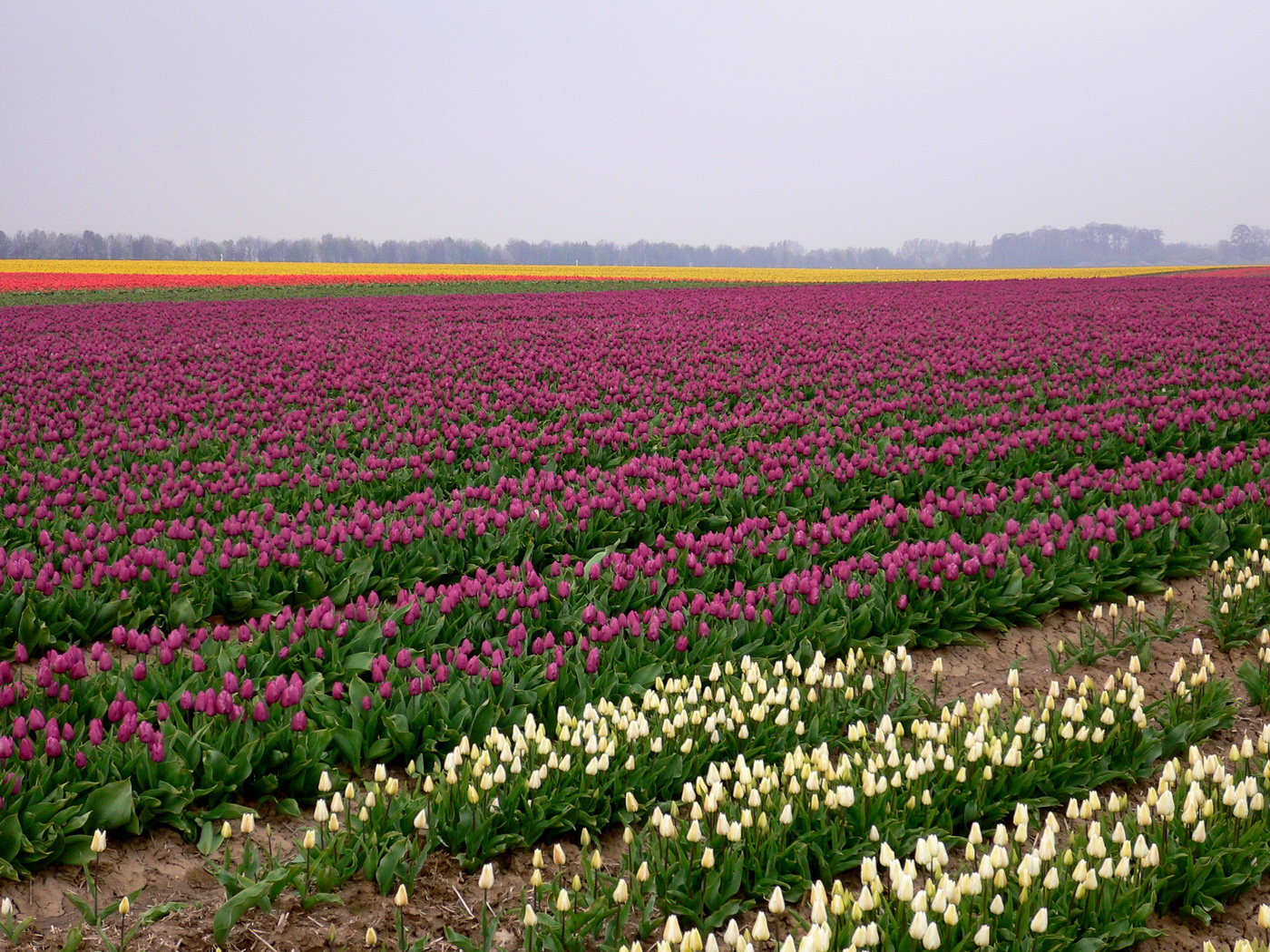

From the moment one arrives in Dycker Ländchen, the area around Schloss Dyck, it is obvious that the territory differs considerably to the surrounding countryside. The visitor suddenly encounters densely planted trees in a region which otherwise features few woods. Narrow roads lined with centuries-old trees lead to the heart of Dycker Ländchen. Its territory has shrunk in size over the centuries but the most important landmarks in the unique ensemble have survived.
They include St. Nikolaus, the monastery of the castle owners, which was founded around 1400. Its chapel relates the history of the family at Dyck in pictures and commemorative plaques and still remains an attraction for many believers today. It is also a popular place for church weddings. Visitors are welcomed by the Oblate Fathers and a large festival is held every year in the monastery at Whitsun. The garden and café are open all year round.
An approximately one-kilometre avenue lined with sweet chestnut trees once linked the castle to the monastery. Today, the avenue is classified as a natural monument and it is no longer possible to go along it – a measure to protect the 200-year-old sweet chestnut trees. However, the avenue still forms a breathtaking backdrop to Dycker Feld. This area, which includes the “New Gardens” in the midst of its sea of Chinese silvergrass, is bordered by the Dycker Weinhaus, an institution first mentioned in 1502. Over the years, it has been used as a court, a customs post and a wine tavern. It was moved to its current location in 1654 and is now a hotel and restaurant.